|
The project on Variability in the Oxycline and its ImpCts on the Ecosystem (VOICE) was set up as a direct outcome of the Implementation of Multi-disciplinary Sustained Ocean Observations (IMSOO) workshop organized by the Global Ocean Observing System (GOOS) in February 2017. VOICE is an approach towards establishing a sustained observing system in Oxygen Minimum Zone (OMZ) regions. OMZ regions are inherently multidisciplinary and complex. Likewise they are economically important areas (e.g. for fisheries). Therefore, to encounter the ensuing complexity related to observing and modeling the OMZ system dynamics, VOICE will put an observing focus on the upper oxycline, which in an important "control surface" in OMZ regions (see below).
The goal of the initial stage of VOICE is to assess the current readiness level of the observing requirements, existing observing capabilities and availability of data products to deliver information on the variability in the oxycline and its impacts on the ecosystem in selected OMZ regions around the globe. The main outcome of this activity will be an OceanObs'19 Conference White Paper outlining a vision for increasing the observing system readiness levels to alleviate the critical gaps preventing the system from delivering information according to end user requirements.
If successfully implemented, VOICE would ultimately provide a blueprint of a multidisciplinary sustained OMZ observing system, outlining a minimum and optimized set of observational and modelling requirements for a fit-for-purpose system, capable of informing the society about the variability in the oxycline and its impacts on the ecosystem, applicable within the global ocean observing system, and contributing to the overarching question: "How do changing OMZs affect the spatio-temporal distribution, productivity and trophic structure of the benthic and pelagic communities?" VOICE OMZ Regions |
VOICE Co-Chair
VOICE Co-Chair
(1st VOICE workshop report)
|
History of VOICE
In February 2017, the Global Ocean Observing System of the IOC-UNESCO (GOOS) and the OceanObs Research Coordination Network (OceanRCN) held a workshop to address the Implementation of Multi-Disciplinary Sustained Ocean Observations (IMSOO) in Miami, Florida, USA. This workshop identified priorities for improving the coordinated planning and implementation of multi-disciplinary observing activities and demonstrations. Detailed outcomes of the IMSOO workshop can be found in the report: www.goosocean.org/imsoo-report. In general, the outcomes focused around three demonstration themes:
(i) Plankton community changes (including ocean colour)
(ii) Open ocean, shelf & coastal ocean interactions,
(iii) Oxygen minimum zones (OMZ);
and include a clear series of actions and milestones to strengthen the collaboration between physicists, biogeochemists, biologists and ecosystem scientists working towards a better understanding of the phenomena related to the three themes.
The IMSOO OMZ Demonstration Theme working group identified as their high level and overarching observing objective “How do changing OMZs affect the spatio-temporal distribution, productivity and trophic structure of the benthic and pelagic communities?” - an objective that includes all three main drivers for a GOOS: Climate, Operational services and Ocean health. As an approach to design an observing system towards this overarching observing objective, the group decided to limit the design to the observations of one important control surface in the OMZ system - the oxycline. In the direct aftermath of the IMSOO workshop, the leaders of the IMSOO OMZ Demonstration Theme, supported by the GOOS Biogeochemistry Expert Panel coordinators, started planning for a workshop that would refine the proposed science plan for a project called ‘Variability in the Oxycline and its ImpaCts on the Ecosystem (VOICE),’ ambitiously laid out by the IMSOO OMZ participants, to be carried out across a number of selected OMZ regions around the globe.
The 1st VOICE Science Plan Workshop, a three-day event held on 13-15 September 2017, in Monterey, CA, USA, was an important milestone in the process. The workshop objectives were thus set as to enable or directly contribute to the delivery of anticipated outcomes of the VOICE preparatory stage, as defined in the IMSOO report. The workshop was held back to back with the Global Ocean Oxygen Network (GO2NE) third annual meeting (11-13 September 2017, Monterey, CA, USA), and was attended by 22 scientists from around the globe. It was the first opportunity to establish communication and initiate coordination of efforts leading up to the implementation of the VOICE project. To this end, the first day of the meeting was organized as a joint event with the members of GO2NE, many of whom are also active in VOICE.
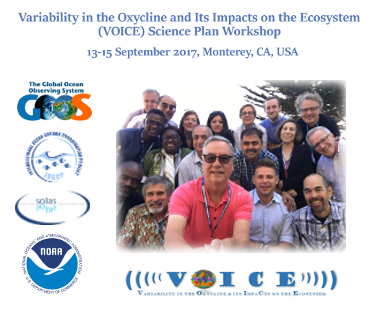
1st VOICE Science Plan workshop participants:
Top, from the left: Grant Pitcher, Dimitri Gutiérrez, Kirsten Isensee, Ivonne Montes, Véronique Garçon, Artur Palacz, Johannes Karstensen.
Middle, from the left: Baye Mbaye, Carmen dos Santos, Wajih Naqvi, Damodar Shenoy, Lisa Levin, Kenny Rose.
Bottom, from the left: Paulo Coelho, Tony Koslow, Francisco Chavez, Maciej Telszewski, Kevin Weng.
Missing from the photo: Denise Breitburg, Marilaure Grégoire, Gil Jacinto, Elliott Hazen.
The VOICE workshop provided an excellent and in depth summary of the regionally set requirements, observing capability, and data and information product management, forming a basis for comprehensive observing system readiness level assessment in accordance with the FOO guidelines. The information conveyed through presentations and during discussions will be documented and expanded upon through a spreadsheet questionnaire distributed among the workshop participants, to be filled out before the end of 2017. For more details on this and other important outcomes from the workshop, please read the report available from: www.goosocean.org/voice-mbari-report
The 2nd VOICE Science Plan Workshop is due to take place on 8-9 September 2018 in Kiel, Germany, in conjunction with the International Conference on 'Ocean Deoxygenation: Drivers and Consequences – Past, Present and Future', to be held on 3-7 September 2018. The main point on the meeting agenda is to perform the readiness level assessment based on information collected from the various OMZ demonstration regions all over the world. To this end, we prepared spreadsheet questionnaires that were distributed among the VOICE regional champions in order to have a realistic chance of conducting the readiness level assessments according to our time line. The main outcome of this activity will be a White Paper in response to an invitation from the OceanObs'19 Conference Program Committee.
VOICE involvement
While the number of VOICE enthusiasts keeps gradually increasing, the group currently consists of more than 30 scientists and marine managers representing either their OMZ regions (appointed as VOICE Regional Champions) or serving as international experts in different aspects of OMZ dynamics observations, modeling and marine resource management. Critical to the success of implementing VOICE will be the role of Regional Champions who are not only responsible for assessing the regional observing capacities and gaps, but also are meant to survey the societal requirements with respect to VOICE-related observations and generated information products through regular communication with a broad range of regional stakeholders.
Below is a list of people currently involved with VOICE in alphabetical order, with specific roles mentioned when applicable.
| Family Name | Given Name | Affiliation | Country | Role |
| Breitburg | Denise | Smithsonian Environmental Research Center | USA | |
| Chavez | Francisco | Monterey Bay Aquarium Research Institute (MBARI) | USA | |
| Coelho | Paulo André de Sousa | Instituto Nacional de Investigação Pesqueira (INIP) | Angola | Regional Champion: Angola |
| Cornejo d'Ottone | Marcela | Pontificia Universidad Católica de Valparaíso (PUCV) | Chile | Regional Champion: Chile |
| dos Santos | Carmen | Universidade Agostinho Neto | Angola | Regional Champion: Angola |
| Fiedler | Bjoern | GEOMAR | Helmholtz-Zentrum für Ozeanforschung Kiel | Germany | |
| Gallo | Natalya | Scripps Institution of Oceanography | USA | Regional Champion: California Current |
| Garçon | Véronique | Laboratoire d’Etudes en Géophysique et Océanographie Spatiales (LEGOS) | France | VOICE Co-Chair |
| Grégoire | Marilaure | University of Liege | Belgium | |
| Gutiérrez | Dimitri | Instituto del Mar del Perú (IMARPE) | Peru | Regional Champion: Peru |
| Hazen | Elliott | NOAA Southwest Fisheries Science Center | USA | |
| Hernández-Ayón | Jose Martin | Instituto de Investigaciones Oceanológicas (OII) of the University of Baja California (UABC) | Mexico | Regional Champion: Mexico |
| Isensee | Kirsten | Intergovernmental Oceanographic Commission (IOC) of UNESCO | France | |
| Jacinto | Gil | University of the Philippines Diliman, Marine Science Institute | Philippines | |
| Kainge | Paulus | Ministry of Fisheries and Marine Resources (MFMR) | Namibia | |
| Karstensen | Johannes | GEOMAR | Helmholtz-Zentrum für Ozeanforschung Kiel | Germany | VOICE Co-Chair |
| Koslow | Tony | Scripps Institution of Oceanography | USA | |
| Levin | Lisa | Scripps Institution of Oceanography | USA | |
| Maske | Helmut | Centro de Investigación Científica y de Educación Superior de Ensenada (CICESE) | Mexico | Regional Champion: Mexico |
| Mbaye | Baye Cheikh | Maurice Lamontagne Institute | Canada | Regional Champion: Senegal |
| Melo Ramos | Vito | Instituto Nacional de Desenvolvimento das Pescas (INDP) | Cape Verde | Regional Champion: Cape Verde |
| Montes | Ivonne | Instituto Geofísico del Perú (IGP) | Peru | Regional Champion: Peru |
| Naqvi | Wajih | National Institute of Oceanography | India | Regional Champion: Arabian Sea |
| Palacz | Artur | International Ocean Carbon Coordination Project (IOCCP), Institute of Oceanology of the Polish Academy of Sciences (IO PAN) | Poland | Project facilitator |
| Pearlman | Jay | Institute of Electrical and Electronics Engineers (IEEE) | USA | |
| Pinto | Edwin | Instituto Oceanográfico de la Armada (INOCAR) | Ecuador | Regional Champion: Ecuador |
| Pitcher | Grant | Department of Agriculture, Forestry and Fisheries (DAFF) | South Africa | |
| Pizarro | Oscar | Millennium Institute of Oceanography (IMO) | Chile | Regional Champion: Chile |
| Rose | Kenneth | University of Maryland Center for Environmental Science | USA | |
| Shenoy | Damodar | National Institute of Oceanography | India | Regional Champion: Bay of Bengal |
| Silva | Osvaldina | Instituto Nacional de Desenvolvimento das Pescas (INDP) | Cape Verde | Regional Champion: Cape Verde |
| Telszewski | Maciej | International Ocean Carbon Coordination Project (IOCCP), Institute of Oceanology of the Polish Academy of Sciences (IO PAN) | Poland | Project facilitator |
| Van Der Plas | Anja | Ministry of Fisheries and Marine Resources (MFMR) | Namibia | Regional Champion: Namibia |
| Weng | Kevin | Virginia Institute of Marine Science, College of William and Mary | USA |
VOICE timeline
VOICE Preparatory Stage (2017-2019)
As seen from the VOICE time line below, the first, preparatory, stage of VOICE consists of four phases:
- Phase 0: Communication and coordination efforts including definition of “societal issues” via stakeholder dialogue
- Phase 1: Literature review / historical data analysis to define science driven observing requirements
- Phase 2: Identify existing and planned experiment/ocean observing opportunities in OMZ regions
- Phase 3: Develop the conceptual framework and observing system design for selected science cases related to oxycline variability
The key outcome at this stage of the project is to perform a preliminary assessment of the current readiness level with respect to all three categories distinguished by the Framework for Ocean Observing (FOO): (i) requirements setting process, (ii) existing observing capabilities, (iii) data and information products management.
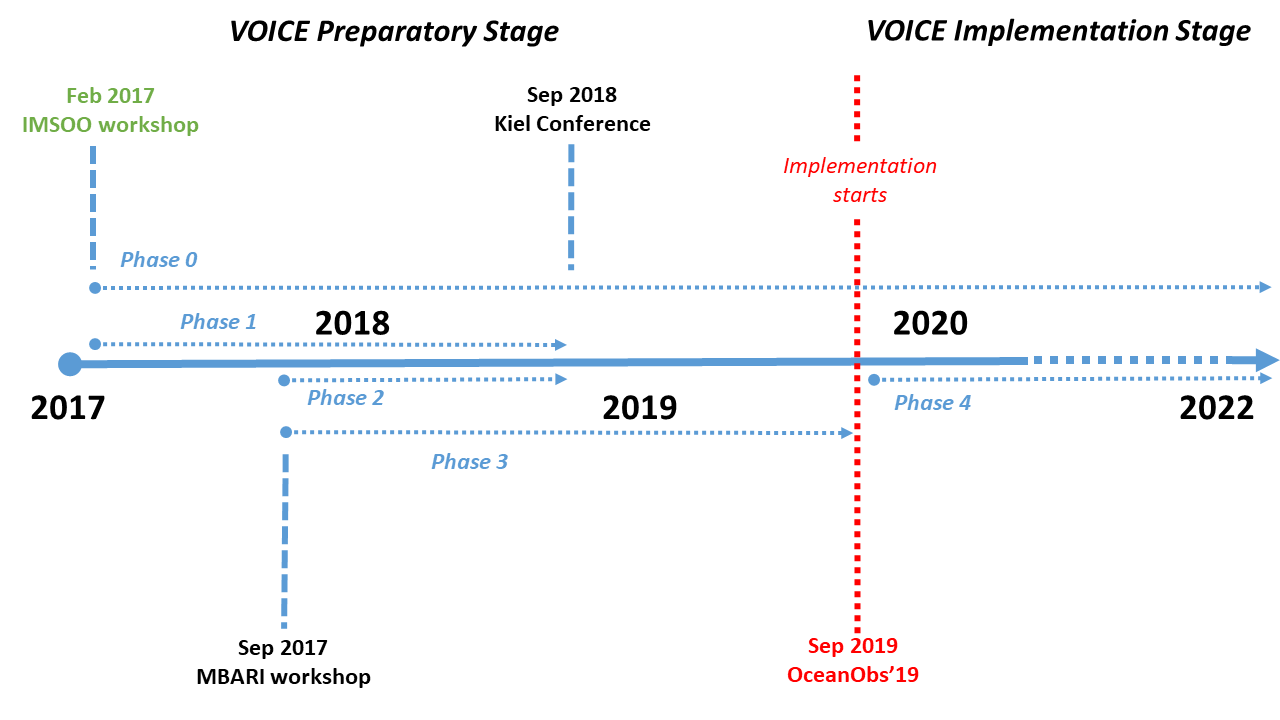
|
The VOICE project timeline as envisioned during the IMSOO workshop. |
VOICE Implementation Stage (2019-2022)
The goal of the VOICE Implementation Stage (Phase 4) would be to have in place an Ocean Observing System that measures EOVs and associated phenomena necessary to inform about one selected key aspect of OMZ regions, the upper oxycline. The data will enhance the understanding of impacts but also on dependencies of oxycline variability on intermediate and upper trophic levels, and improve modeling capabilities, across a number of OMZ systems.
Deliverables and milestones for the VOICE implementation stage will have to be defined during the consecutive VOICE workshops in MBARI and in Kiel in 2017 and 2018, respectively, as well as in the interim period, but might focus on the following aspects:
- Optimal sampling strategy design
- Analysis of observing system gaps with respect to observations, data availability, sustainability and technology; and estimates on cost of their closing
- Technical enhancements and other observing system adaptations in response to the analysis of gaps
- Integrated data management
- Stakeholder engagement in evaluating fitness of information product generation for societal benefit applications
- Assessment of the observing system performance
- A blueprint of a multi-disciplinary, sustained and fit-for-purpose OMZ observing system, outlining a minimum set of observational and modelling requirements for global implementation
A successfully completed VOICE project would be a critical element in designing and implementing, as well as securing funding for an observing system that is capable of addressing the overarching question of "How do changing Oxygen Minimum Zones (OMZs) affect the spatio-temporal distribution, productivity and trophic structure of the benthic and pelagic communities?" within a 10-year time frame.
VOICE milestones & deliverables (2017-2019)
Milestones
- Milestone #0: IMSOO workshop in February 2017. Phase 0. Month 1 (February 2017). COMPLETED
- Milestone #1: First VOICE workshop organized in September 2017 at MBARI, jointly with the GO2NE meeting. Phase 0. Month 8. COMPLETED
- Milestone #2: Demonstration of observing capability and data availability from the California Current System OMZ. Phase 1. Month 8. COMPLETED
- Milestone #3: Opportunities for VOICE within existing and planned observation and modelling activities initially identified. Phase 2. Month 8. COMPLETED
- Milestone #4: Overview of the requirements, observing capability and data and information product management across all VOICE region. Phase 2. Month 11. ONGOING
- Milestone #5: Literature review across the regional systems completed. Phase 1. Month 16. ONGOING
- Milestone #6: Historical data analysis initiated in regions with relatively mature data integration and management, e.g. California Current, Humboldt Current, Namibia system, Senegal System. In other regions, declaration whether such analysis would at all be possible, e.g. Angola, Arabian Sea, Bay of Bengal. Phase 1. Month 20.
- Milestone #7: Regional data availability and data integration status reviewed; data sharing agreements reached between partners from all OMZ study sites. Phase 1. Month 20.
- Milestone #8: Second VOICE workshop organized as a side-meeting to the International Conference on "Ocean Deoxygenation: Drivers and Consequences – Past – Present – Future", 3-7 September 2018, Kiel, Germany. Phase 0. Month 20.
- Milestone #9: Readiness level assessment of the ocean observing system with identification of gaps with respect to VOICE-relevant requirements across the VOICE OMZ regions. Phase 3. Month 23.
- Milestone #10: Third VOICE workshop organized as a side meeting to the OceanObs'19 Conference, in September 2019 in Honolulu, USA. Phase 0. Month 32.
- Milestone #11: Conceptual framework for observing oxycline variability and its impacts on ecosystems based on the literature review and historical data analyses. Phase 3. Month 32.
- Milestone #12: A minimum set of observation requirements for VOICE implementation across all four OMZ sites determined. Phase 3. Month 32.
- Milestone #13: VOICE implementation proposal submitted. Phase 3. Month 35.
Deliverables
- Deliverable #1: Historical data analysis in the California Current System, i.e. from CalCOFI and the Baja California LTER, in the context of oxygen variability impacts on ecosystems delivered as a presentation at the MBARI VOICE Science Plan Workshop. Phase 1. Month 8. COMPLETED
- Deliverable #2: Spreadsheet questionnaires from all VOICE regions filled and delivered to VOICE Co-Chairs. Phase 1 & 2. Month 11. COMPLETED
- Deliverable #3: Readiness level assessment across VOICE OMZ regions performed. A report on the gaps in the regional observing systems and recommendations for actions towards increasing the readiness levels as part of the VOICE implementation stage. Phase 3. Month 23. ONGOING
- Deliverable #4: Conceptual framework and a minimum set of requirements for observing oxycline variability and its impacts on ecosystems paper published, based on global literature review and historical data analyses. Phase 3. Month 32.
- Deliverable #5: VOICE project proposal for funding the 3-year implementation stage submitted. Phase 3. Month 35.
VOICE Sponsors
VOICE has not been funded as a project yet. However, its current activities have been made possible through generous sponsorship from GOOS, IOCCP, NOAA and SOLAS.



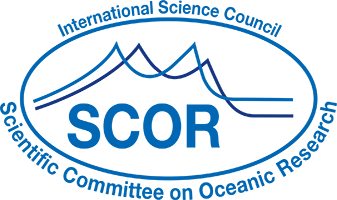


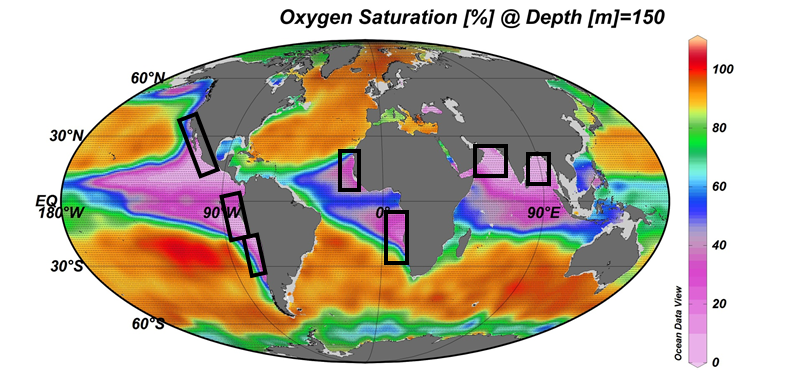
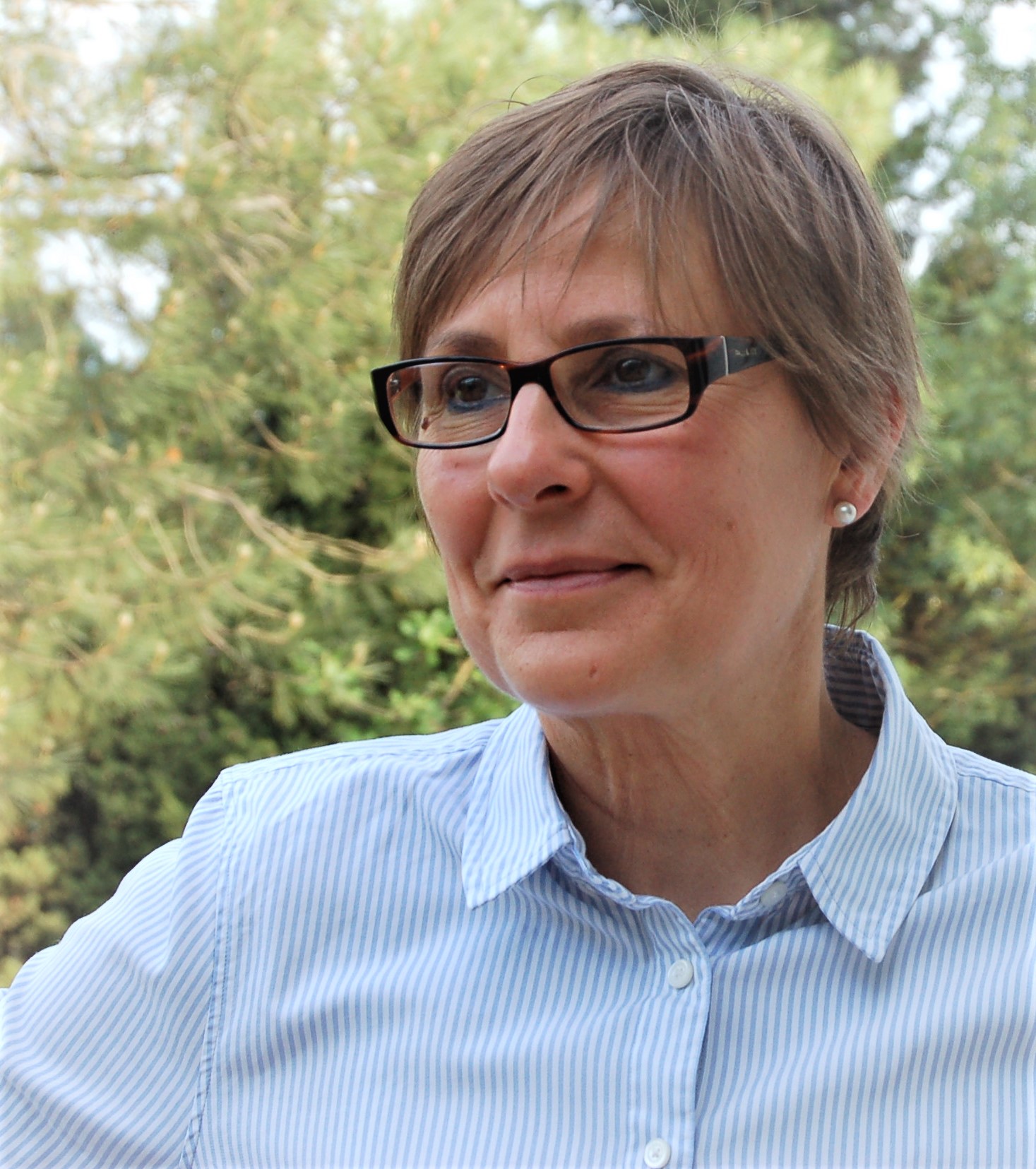
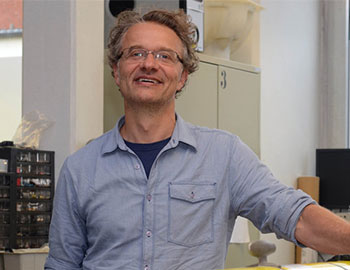

 Please wait...
Please wait...